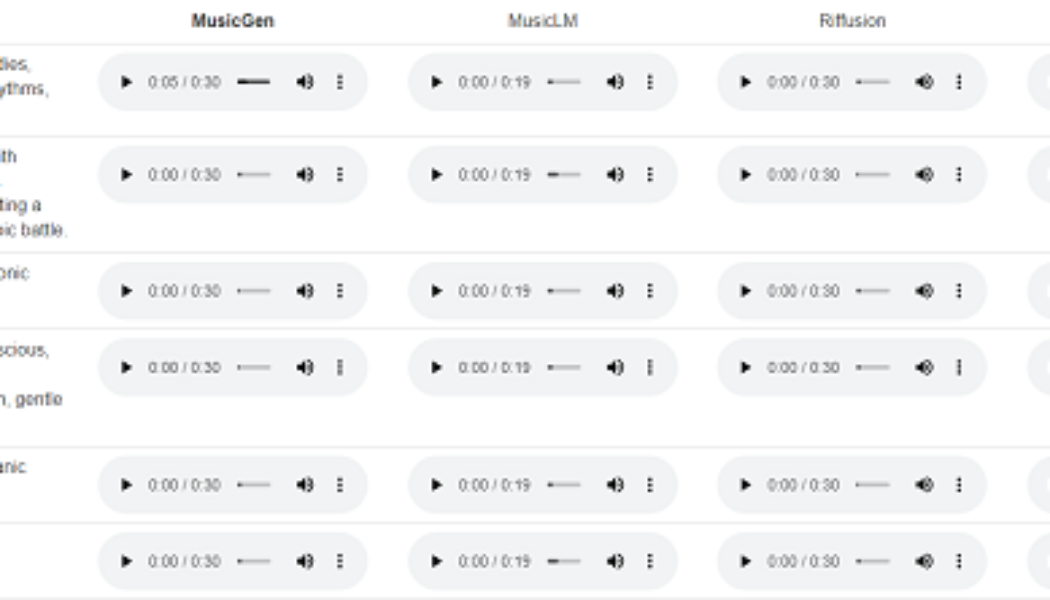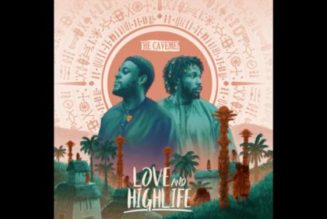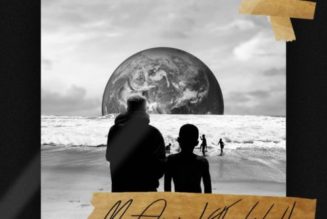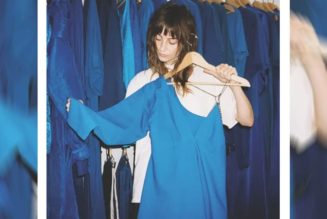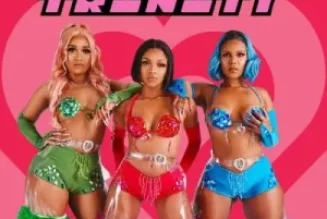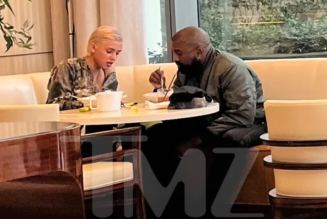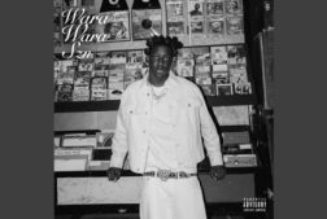Generative AI tools are already being widely used to create text and visual content, which is being reshared back to the web at an increasing rate. But what about audio, and music built via AI systems?
We’ve seen some examples of this. A recent viral track featuring Drake and The Weeknd was actually fully AI created, with no involvement from the artists, which points to future disruption in the music industry as well – though the industry itself has come out strongly against it.
But there are other ways that generative AI tools could be used to facilitate all new types of music creation – which is the focus of Meta’s latest generative AI model, called ‘MusicGen’.
MusicGen uses text or melody prompts to create all new music, based on samples of songs and instrument styles built into the back-end generative elements.
Essentially, you tell MusicGen the type of track you want, or even (theoretically) hum a tune, and it’ll come out with variations of that audio as outputs.
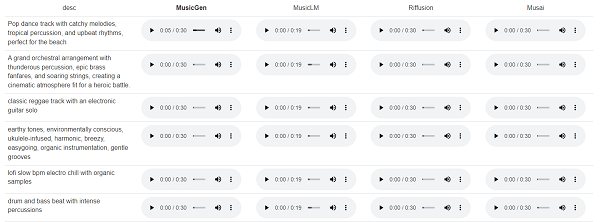
(You can listen to the samples shown above here)
The MusicGen model has been trained on 20,000 hours of music, including both whole tracks and individual instrument samples, providing a range of inputs for your AI creations. It’s not widely available as yet (though you can check out a demo here), but the future implications could be big, providing new ways to come up with original music, which could change the approach for musicians, marketers and more.
Though like all AI creations, it could also face legal challenges, especially if the all-powerful music industry steps in.
As noted, the music industry, which now has entire teams dedicated to scouring the web for copyright violations, is already pushing to stop unlicensed usage of their content, which not only includes simulations of well-known artists, but also sampling of their owned content and tracks. That could eventually see new regulations implemented to stop systems like MusicGen from operating, though based on the samples that it uses, it does seem like it’ll be difficult to stop, in a legal sense.
Which essentially means that, sooner or later, we’re going to be hearing AI-generated songs as top 40 hits, and we might not even know it – though, of course, the usage potential of tools like this extends well beyond basic replication, and into all new areas for music options, in a range of forms.
Is that the future we want? Doesn’t matter, it’s coming either way, and eventually, it’ll open up new avenues for all sorts of people to create their own music, for a range of purposes.
You can read more about Meta’s ‘MusicGen’ project here.
